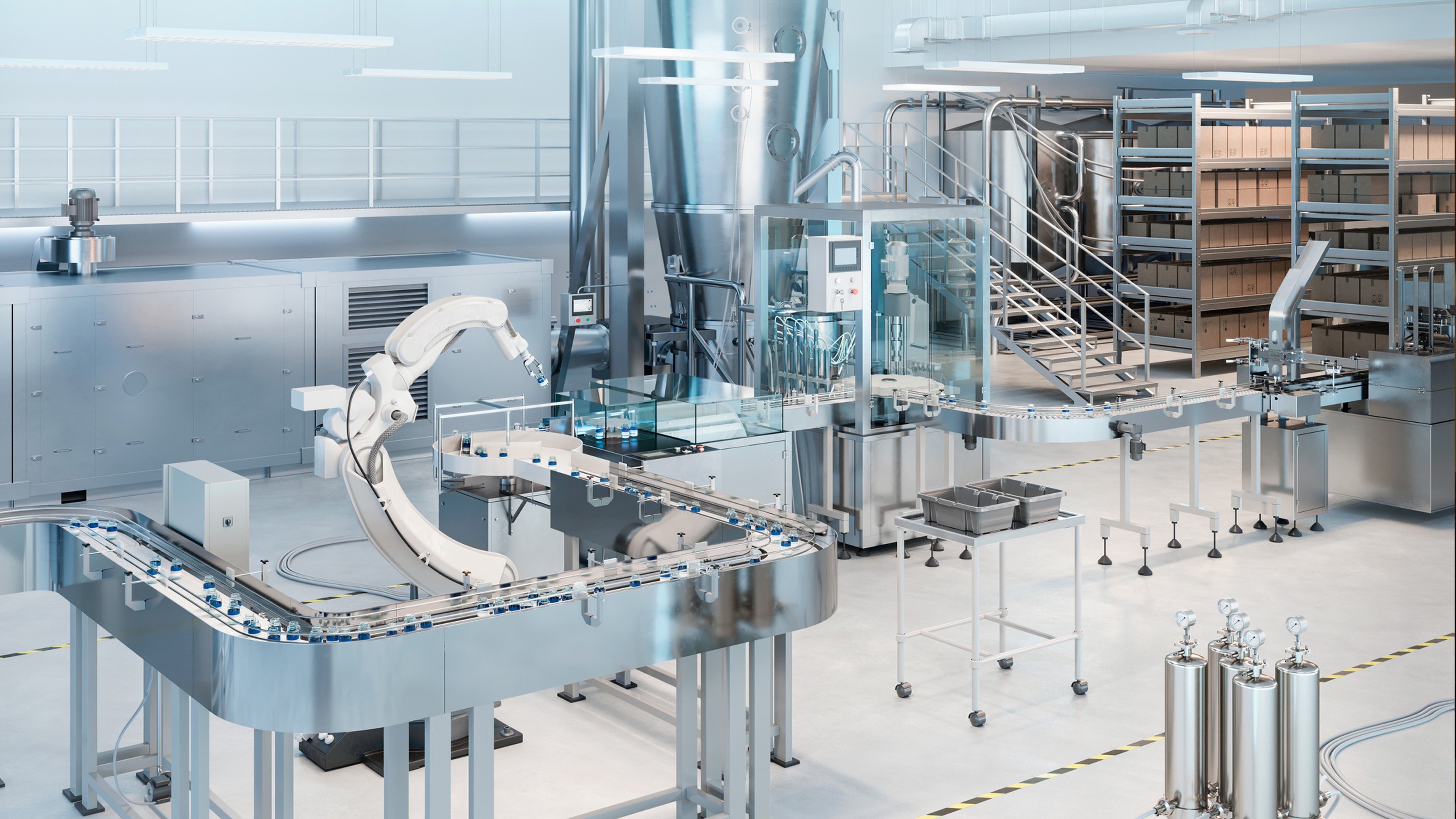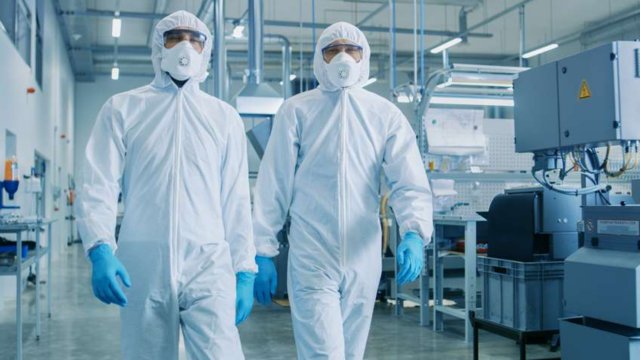The complexity of Life Sciences manufacturing continues to increase, driven by stringent regulatory requirements, data integrity mandates, and operational excellence initiatives. In this environment, the integration between the Manufacturing Execution System (MES) and the Distributed Control System (DCS) has become a critical success factor for modern manufacturing operations.
Many facilities desire to integrate their MES and DCS. While the DCS manages process control and equipment level operations, the MES oversees batch records, recipe management, and quality control functions. This separation creates significant operational inefficiencies with potential compliance risks that modern manufacturers cannot afford to maintain. Considering the standard operating procedure in a typical batch production environment, operators must regularly alternate between different system interfaces, manually transferring data from the DCS to the MES. Each manual intervention introduces potential data transcription errors and creates data integrity vulnerabilities. These inefficiencies divert valuable resources from critical activities such as process optimization and continuous improvement initiatives.
Integrated MES-DCS architectures transform operations fundamentally. The integration enables automated parameter transfer from MES to DCS, systematic population of batch records with process data, and immediate cross-system deviation notifications. This seamless data flow creates a robust, efficient manufacturing environment.









